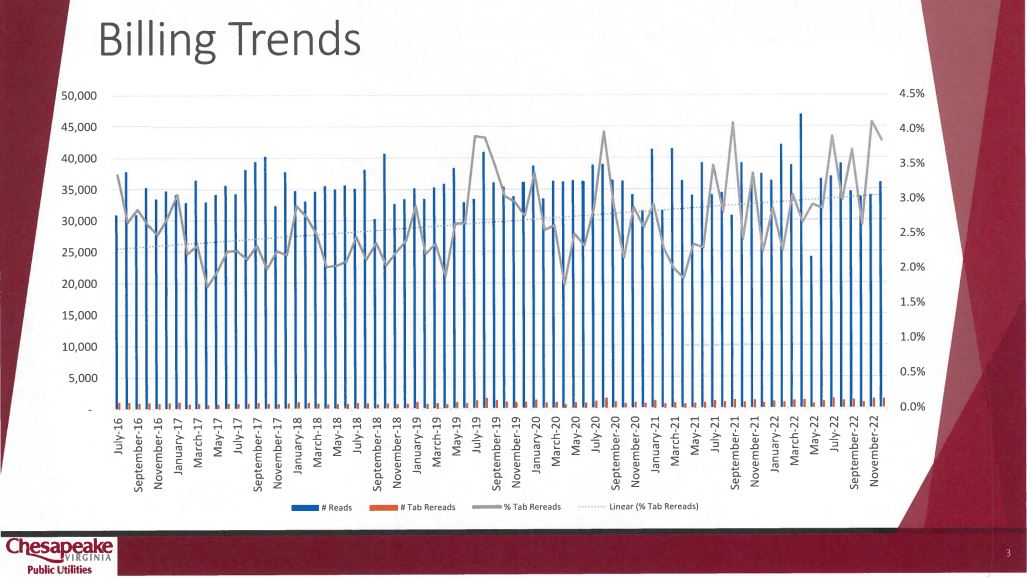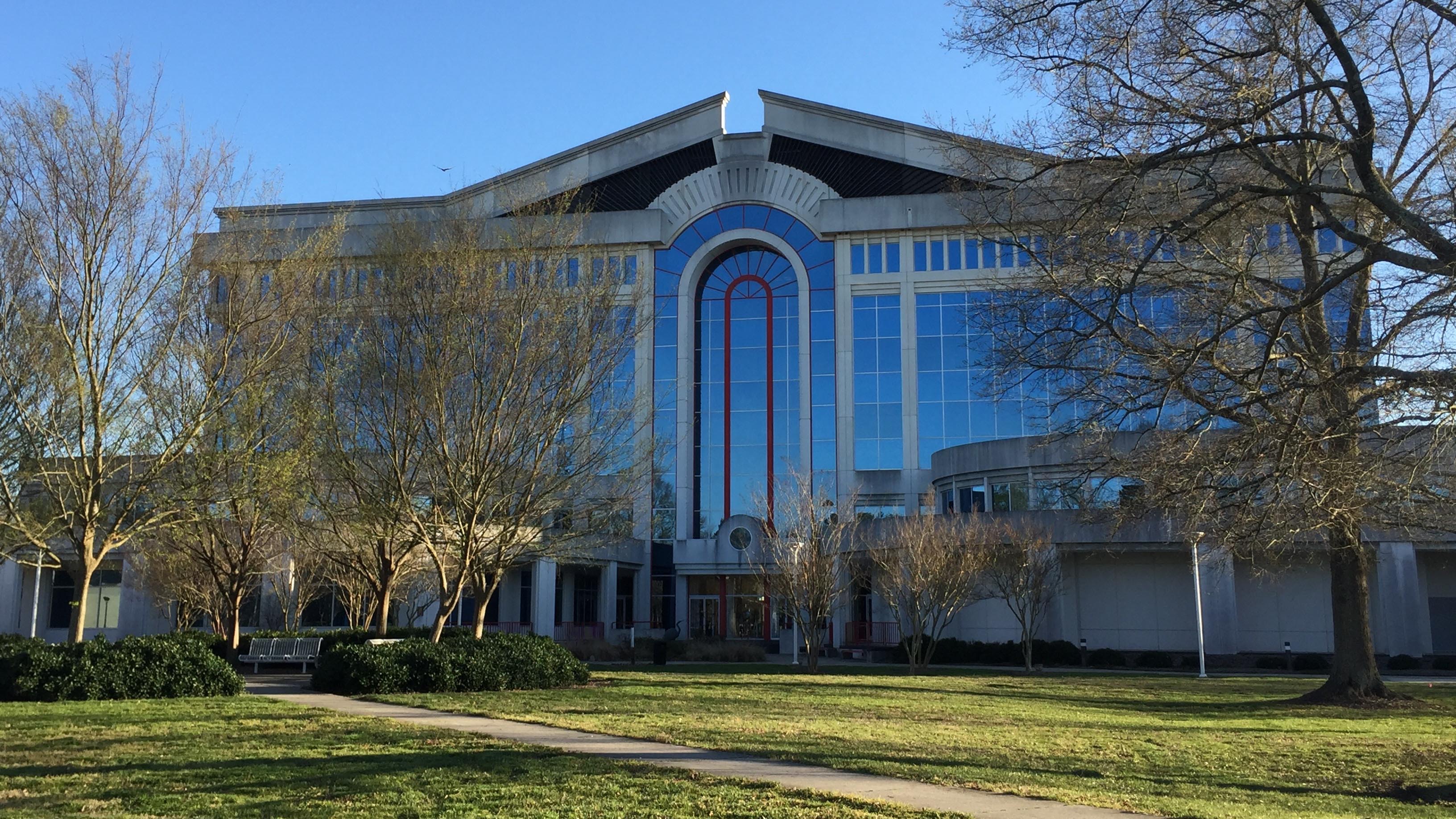
In one Chesapeake household, the bill that was usually around $200 jumped to $1,000. In another, water use tripled.
For weeks, Chesapeake residents have been sharing stories of what they say are inexplicably high water bills, leading to serious financial problems for some people.
Citizens swap horror stories in a growing Facebook group, inundate city leaders with messages and trade tips on how to look for and correct errors.
City officials, meanwhile, said they haven’t found anything unusual in their records or anything on the city side contributing to the ballooning bills.
“This is not a new issue,” public utilities director David Jurgens said in an email. “With 70,000 accounts in buildings that range from brand new to over 100 years old, there are always some that have higher consumption and leaks.”
Jurgens said he went back through seven years of data and found that between 2-4% of bills are usually flagged as high by the city’s software, mostly due to weather and seasonal events.
“There is no ‘spike’ in the number of high bills,” he said. “There is, however, a spike in public awareness of high bills.”

A graph shows water consumption in Chesapeake going back to 2016.
Because of the complaints, Jurgens gave a presentation to City Council members last week.
“When you get a water bill that’s more than you expect, it can be shocking,” Jurgens said. “It can be an incredible source of stress, and frankly for some of the customers I've talked to, it's the number one source of stress in their lives when we're having this conversation.”
But in every case, he said, “the water has flowed through the meter.”
The one exception is a reading error, which he said happens less than 1% of the time and is almost always caught by a reread if it results in a much higher bill.
Leaks are the primary source of high bills – particularly running toilets, Jurgens said.
Many residents, however, say they’ve hired plumbers to check for leaks, found nothing and can’t account for their astronomical jumps in use.
Checking for a leak is “an instantaneous action,” Jurgens said in response. It indicates whether water is flowing at that moment, but not what could have happened before or will happen afterward.
Jurgens said the city’s working to shift to a monthly billing cycle, which will take about three years to achieve. Right now, residents are billed every other month.
Officials are also slowly switching over to more expensive “smart meters.”
During the first phase, meter readers can drive down a road and receive a signal from the smart meter via a computer in their vehicle.
That will be more efficient than manual readings and reduce the potential for error, Jurgens said.
Eventually, he said they want to use a centralized system connected to those smart meters where staff can read them from City Hall.
That could also allow customers to check their own water consumption on a city dashboard in real-time and send alerts to customers.




